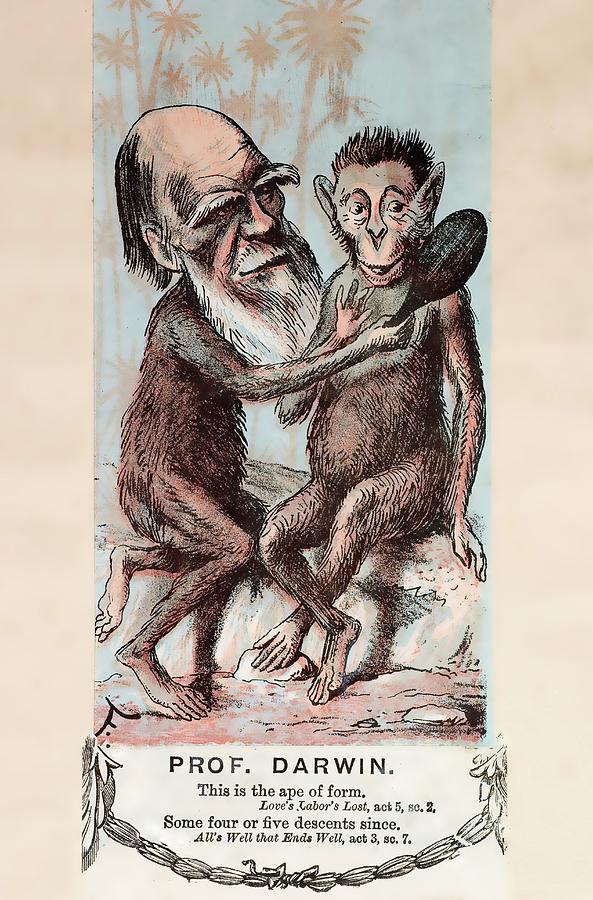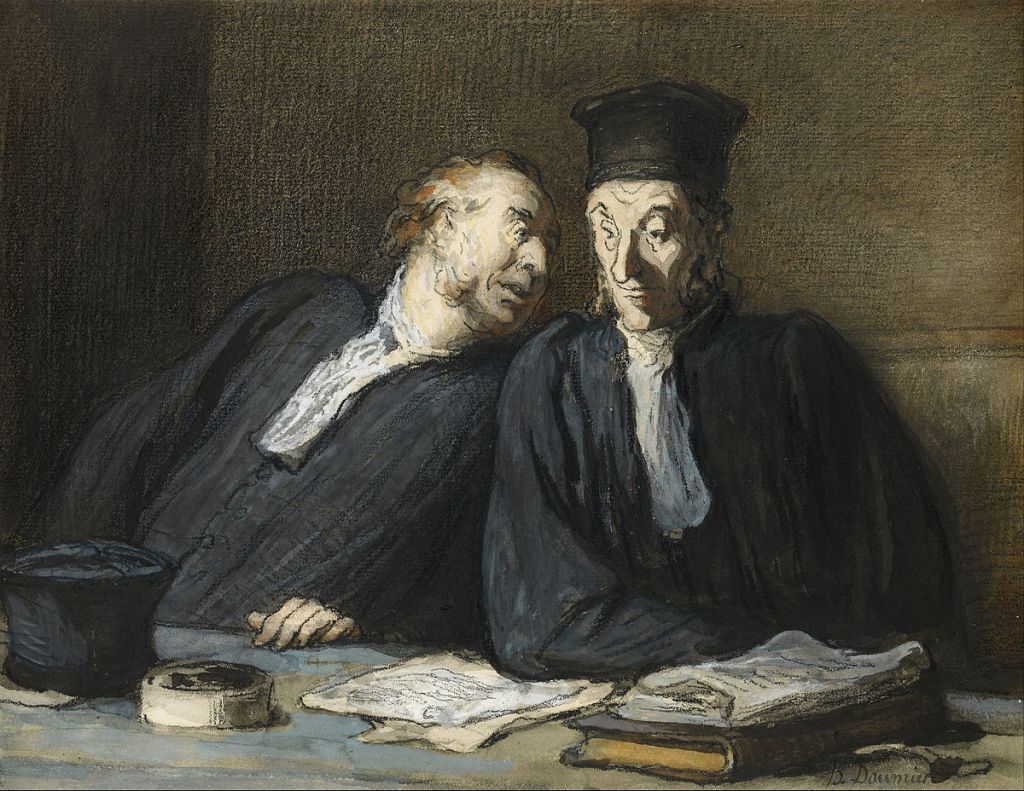How should constitutional cases be decided? We sketch elements of a new theory, Farmers’ Intent: Among the legal outcomes permissible under a ‘Living Tree’ Doctrine, choose any that could seriously be intended as an outcome by a reasonable farmer now working the land of the jurisdiction.
Owing to space limitations, we cannot provide the full proof of FarI. It draws support from the Kant-Mill Theorems, afforced by lemmas of Quesnay, Mirabeau, and Turgot. But an intuitive sense of its shape may be provided by considering other theories of interpretation:
Living Tree: Although the Living Tree is one element of any correct theory of interpretation, its incompleteness was demonstrated almost a century ago by Sankey Laboratories ([1930] AC 124, [1929] UKPC 86). Sankey et al showed that LT is necessary because any constitutional provision that is authoritative at T0, may not only be incomplete, but will lose legitimacy no later than Tn. (This is a consequence of the Mortmain Result, established already in 1279 by E. Plantagenet). We now know that Mortmain itself is a specification—we omit obvious steps—of the principle DML (diminishing marginal legitimacy). The Sankey team also showed that organic development has ‘natural limits’. Objections that LT does not deliver a unique juristic ‘result’ are misguided. Observational studies show that every living tree must have more than one leaf. The proof of LT does not rest, as beginning students assume, with the good interpretations it generates, but with the bad interpretations it cannot generate (e.g. that women are not ‘persons’—again, Sankey 1930, and similar results below, under OPM)
Framer’s Intent: The fallacies in Framer’s Intent selection are easily shown:
(1) There are constitutions that have no framers.
(2) In any constitution having ‘framers’, the extension of the set of framers cannot be a question of law, which law did not exist at T0, the Framing Moment. (This is a corollary of Kelsen’s GN-Reduction (1937)). It follows that any ‘framer’ purporting to frame does so without legal authority. Not having such authority at T0, it cannot be transmitted to later authorities. (For the simplest proof, see Nemo dat quod non habet: Justinian et al, 528-534 CE). True, authority could be assigned retrospectively to a ‘framer’, thus enframing him. But the retrospective intent of a non-framer that F be treated as framer at T0, cannot itself be derived from FI. Thus, if FI is sound, FI is unsound. QED.
(3) (The more familiar objection that there is often no fact of the matter about the truth of FI(L) is irrelevant. If there is an interpretive gap, LT still governs, and its outcomes remain legally permissible: deontic closure.)
Original Public Meaning: OPM was originally meant as a way to derive the (supposed) results of FI (e.g. that women are not persons) without relying on the absurdity of FI. The intuition was that, although there are constitutions without framers, necessarily all (legal) constitutions regulate a public. OPM directs judges to select that interpretation of L that would be least surprising to a representative, uninquisitive, member of the public who could have heard of L, at the most remote historical distance from the public that the Constitution now regulates. (In OPM theory, this is called ‘democracy’.)
Legal scientists remark on the difficulty of estimating (OPM)L. This is exaggerated. As Sankey’s team demonstrated, there was no evidence that uninquisitive people ever considered women ‘persons’. The result had been confirmed at many other sites, and accords with such well-known findings as that of Billings-Brown Consultancy, who showed (1896) by methods never controverted in OPM, that ‘in the nature of things, [equal protection of the laws] could not have been intended to abolish distinctions based upon color.’ (163 U.S. 537)
The crux, then, is whether any interpretation that is consistent with DML, survives LT, and is also consistent with OPM, dominates every other permissible interpretation. That seems possible. Is it possible that it is necessary? Repeated attempts to even sketch a proof elude us. (The Biden-Schumer Conjecture, that OPM is extensionally equivalent to any result generated by a virtual machine emulating the Mercenary Toy Bat™, though plausible, has not been proved either.)
Farmers’ Intent (FarI): Now, a standard application of Hume’s Pitch-Fork (=df ‘consign sophistry and illusion to the flames’) rids us of both FI and OPM, leaving logical space for FarI. Essentially, FarI combines results by Smith (1759) and much earlier conjectures by Y. de Nazareth (ca 28 CE), with the Kant-Turgot series noted at the outset, to force a quasi-ordering on the set of LT-outcomes. The only further premise we need is that although not all constitutions have framers, all constitutional orders have farmers. This seems intuitively plausible, and is supported by early efforts in constitutional theory (e.g. Hammurabi 1754 BCE). To note:
- FarI, unlike FI and OPM, can be proved consistent with DML.
- The reasonable Farmer has properties analogous to those of the ‘reasonable person’ and, indeed, to the representative person in a fairly constructed ‘original choice position’ but, unlike either, does not admit of a purely procedural interpretation, because:
- The Reasonable Farmer is a person who (d1) has to farm, that is, to actually do work rather than, say, extract rent or commit fraud; (d2) and in the here and now; (d3) under conditions of uncertainty; (d4) so makes reasonable provision for herself and others in case of plague, fire, drought, tyranny or other calamity, and (d5) therefore accepts that government regulation, including constitutional regulation, need satisfy no further test of legitimacy than LT and be morally sound.*
(In a forthcoming paper, we show what FarI entails for judicial appointments, emoluments, and term limits. Though preliminary, these results are as convincing as any of the other bullshit that passes as constitutional ‘theory’ in the law reviews.)
*This paper is part of the Judicial Plower Project, at whose lack of financial support we are not surprised.










